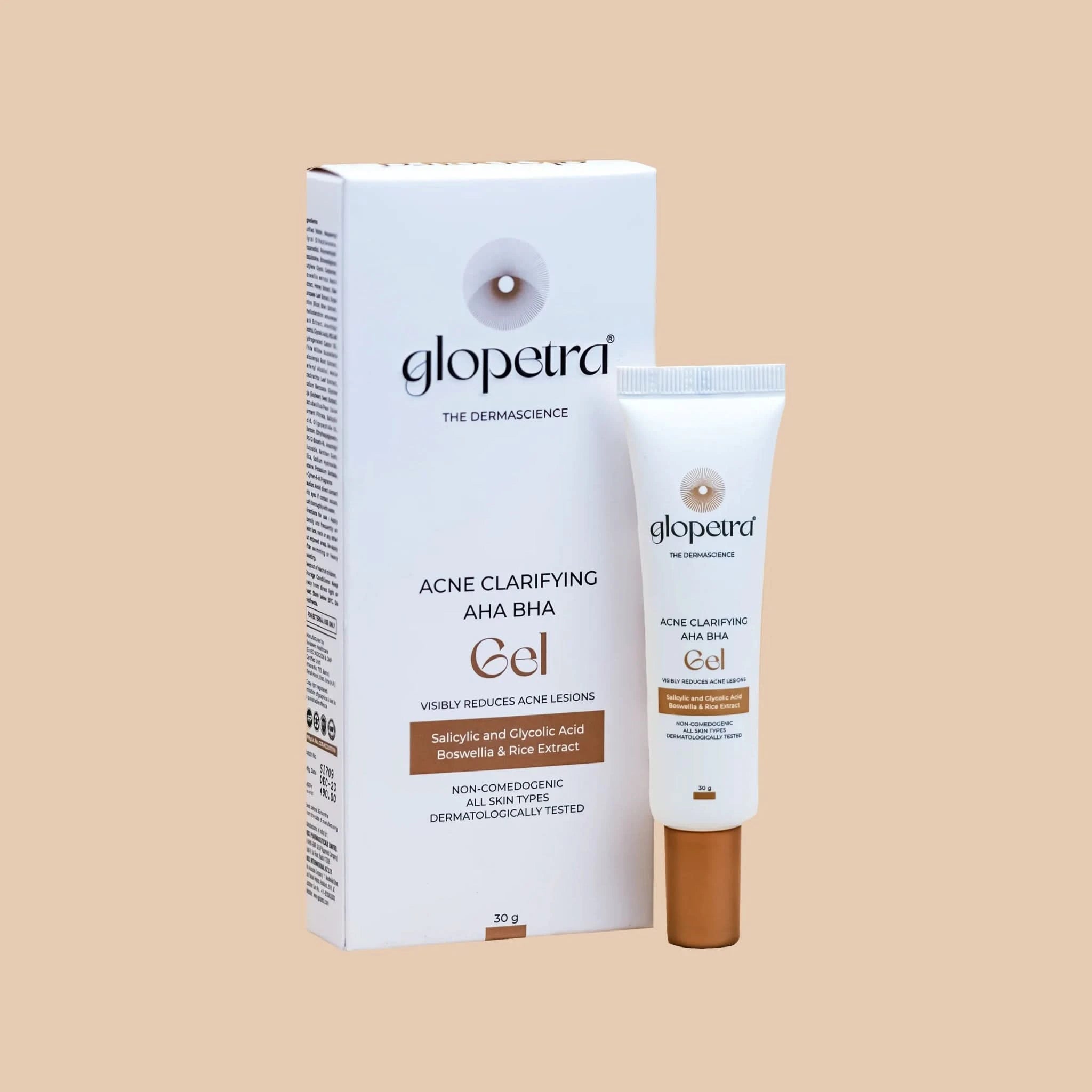
How to Choose the Right Vitamin C Concentration for Your Skin
How to Choose the Right Vitamin C Concentration for Your Skin- Alright, folks, unless you've been living under a rock, you've probably heard of all the hype around Vitamin C in recent times. In short, it's the religious ideology of glowing, youthful skin. But, ah! Choose your Vitamin C concentrations; it's a little like selecting the right playlist for a party. Too much of it, and it's a total vibe killer. Too little, and, well, the energy's just not there. Let's break it down and glow without all the guesswork.
What is with all the fuss about Vitamin C, anyway?
What have you got to worry about Vitamin C, anyway? It is the best friend of skin. Really an antioxidant powerhouse for collagen production, the Vitamin fights free radicals (the things that initiate aging) and clears away dark spots. It is like your skin's cheerleader, and the cool kind that knows when to show up and when to chill.

Concentration: How Much is Too Much?
As far as Vitamin C serum is concerned, concentration matters a lot. You've probably seen serums concentrated anywhere between 5% and 20%. Let's face it-it's not one-size-fits all. This holds true for the same reason: you don't wear a heavy jacket all summer. It is not necessary to overdose the skin if it isn't your skin. So let's break it down.
At the beginning, it is 5-10% Vitamin C.
For persons new to vitamin C or having sensitive skin, a 5-10% product would be the best choice. It's like testing the waters for skincare: It's just about enough to enjoy some benefits without overwhelming your skin. It easily helps brighten your skin and protects it from the grime of daily life such as pollution and UV rays without irritation at this point.
This range is also fantastic when you're treating things like redness, rosacea, or simply fragile skin. All of the cool stuff-collagen boosting and pigmentation fading-without the fuss. A conservative choice if one has to keep it cool.
2. 10-15% Vitamin C: The Sweet Spot
Okay, now we're talking. If your skin's already acclimated to Vitamin C or you want to amp things up a notch, this 10-15% is where the magic starts. This is where you start to see improvements in dark spots, fine lines, and dullness faster. Plus, it's a perfect balance—strong enough to give you noticeable results but not harsh enough to freak out your face.
If you have already been using a Vitamin C serum for some time and feel like your skin can take that little bit of extra intensity, this is your chance to upgrade. Remember, however: always patch test first, because skin is different, and nobody wants to overdo things.
3. 15-20% Vitamin C: The Heavy Hitter
A Vitamin C Serum is a substantial factor on the vitamin intake list. Basically, a 15-20% concentration is a very heavy product for use; it's like brandishing a cannon in the skincare world. Generally, it is more favoured by skincare veterans or those needing quick effects. This concentration will really go deep and tackle pigmentation issues such as sun and hyperpigmentation-for sure, a makeover for your skin.
But be prepared for its intensity. It could be slightly too much for sensitive skin, so your skin should really be primed for this kind of potency. Wear sunscreen, of course, because Vitamin C does its best against UV rays, but it also makes your skin more reactive in the sun.
Other Factors to Consider
- Skin Type: If your skin is oily or acne-prone, a Vitamin C serum with a higher concentration (like 15%) can work wonders. However, if your skin is dry or sensitive, just stick to the lower concentrations (5-10%). You don't want your skin flipping out when all you want is that healthy glow.
- Formulation Matters: Concentration is important, but so is the form of Vitamin C in your serum. Look for stable forms such as ascorbic acid, sodium ascorbyl phosphate, or ascorbyl palmitate. Some of these are gentler on the skin, which is a win for those with sensitive skin. Bonus points if the serum is in a dark bottle because Vitamin C can lose its effectiveness when exposed to sunlight.
- Stick to It: There will be no miracles overnight. This will take some time, but Vitamin C needs to be done consistently. In the morning, it should be applied since it keeps the skin protecting throughout day time without exposure from sun damage.
Final Thoughts
Vitamin C concentrations work completely for a skin concern. Whatever your skin condition or requirements may be, if you're still not used to using vitamin C, you will start at a stupidly low percentage. If you're ready, however, to kick it up a notch, then you're ready to really go for it. Just don't go overboard and wear your sunscreen. After all, she is worth it, so get the Vitamin C into your system just as the skin wants things!
FAQs regarding How to Choose the Right Vitamin C Concentration for Your Skin
1. What are the benefits of using vitamin C?
Vitamin C is indeed an anti-oxidant powerhouse, fighting against free radicals, encouraging collagen building, and getting rid of dark spots, resulting in radiant and glowing skin.
2. What is the significance of a concentration level when one chooses vitamin C serums?
Concentration matters because too much Vitamin C serum is overwhelming for the skin and too little of it will not have noticeable results
3. How does skin type determine which concentration of vitamin C will work best?
Highest Concentration is for oily and acne-prone skin But a much lower concentration is preferred if you have dry and sensitive skin,
4. How often do I use Vitamin C serum?
Use Vitamin C serum regularly, preferably every morning to protect the skin daylong.










